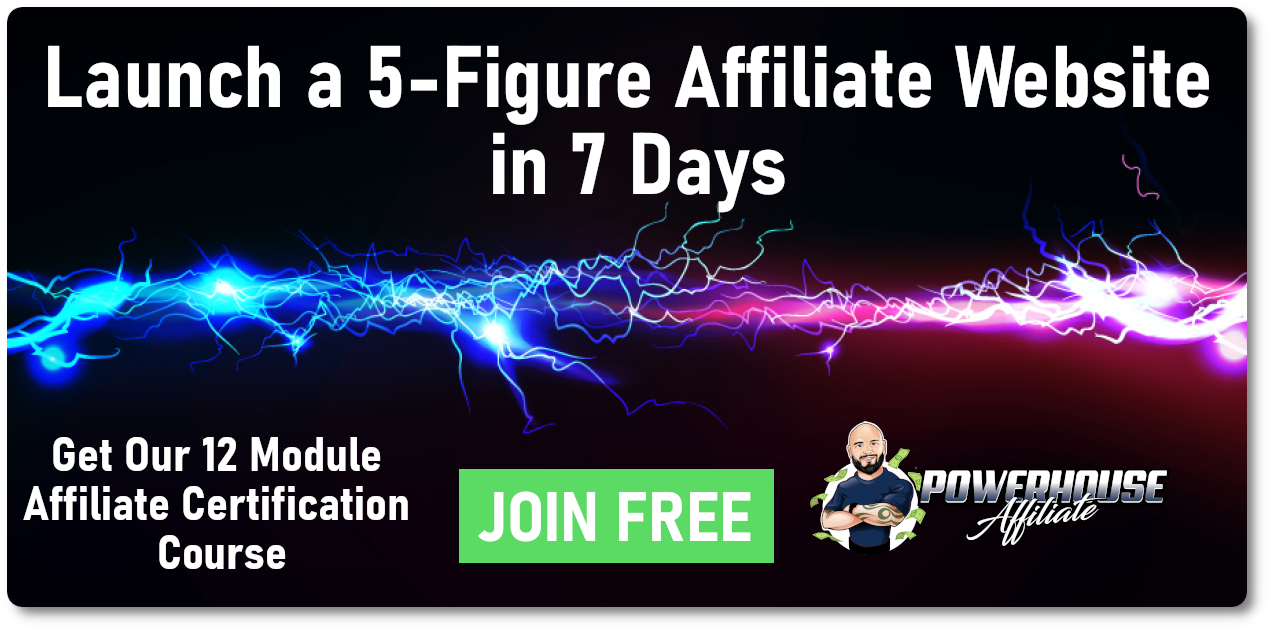Everyone is using Facebook, so it makes sense that you want to get your ads in front of all those users. But there are right ways and wrong ways of doing that, and if you aren’t doing it the right way, you risk getting banned on the #1 social networking platform in the world. I don’t want that to happen to you, so today I’m going to talk about 14 ways to keep your Facebook account from getting banned.
Now, I’ve been running Facebook ads for many, many years, and I’ve never seen it more inconsistent than it is now with account bans. This year I’ve seen many bans and many times I’ve gotten my account back simply by appealing and asking them to make sure they review it again as a human.
Their bot and their automation has been very wonky lately, banning accounts left and right. So how can you avoid that? And how can you ensure when you do appeal, that you win your account back? This is how.
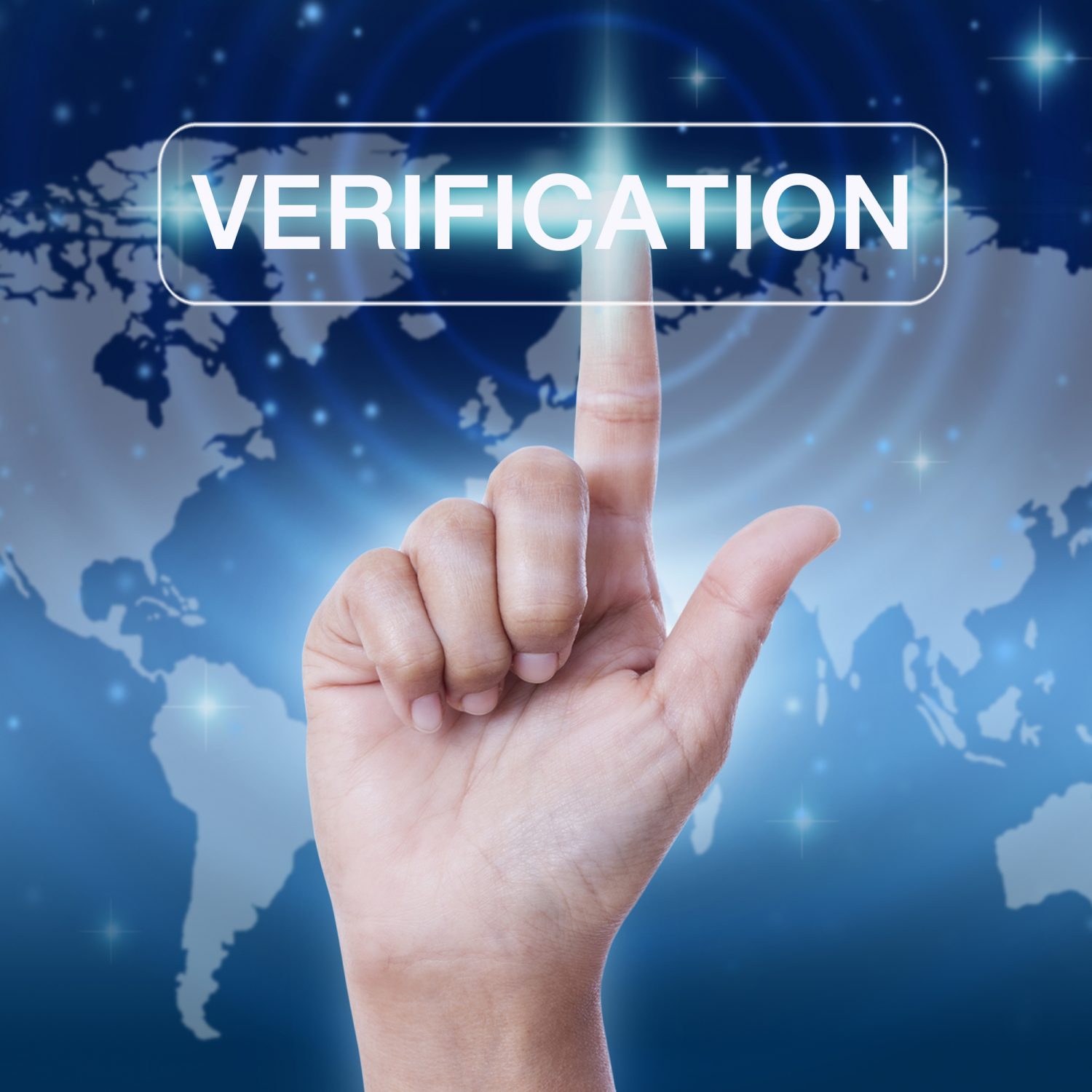
Table of Contents
1. Verify Your Business
The first thing I do when I get a Facebook account is I make sure that the business is verified. Now, if you cannot do that, then there’s one red flag immediately on your account. So make sure you go into the settings of your Business Manager and verify your actual business.
2. Verify Your Domain Name
The next thing you’re going to want to do is to verify your domain name. You can also do that in the Business Manager settings. This allows you to tell Facebook that you actually own the domain that you’re going to be sending traffic to, from your advertising campaigns.
Go in the Business Manager settings, click on the links to verify domain and make sure you put the code into your domain server. All of the step-by-step instructions are there, and you will find that it is an easy process.
3. Use a Real Name
Make sure you’re using a real name on the Facebook account and that it’s a real person. If you try to use a fake account, this is going to be very hard for you going forward. Facebook is getting much better at detecting fake accounts.
Make sure the account is constantly being used by a real person and you’re actively engaged in Facebook the way it’s intended to be used. That means going into your personal profile, liking pages, commenting, and being a real person.
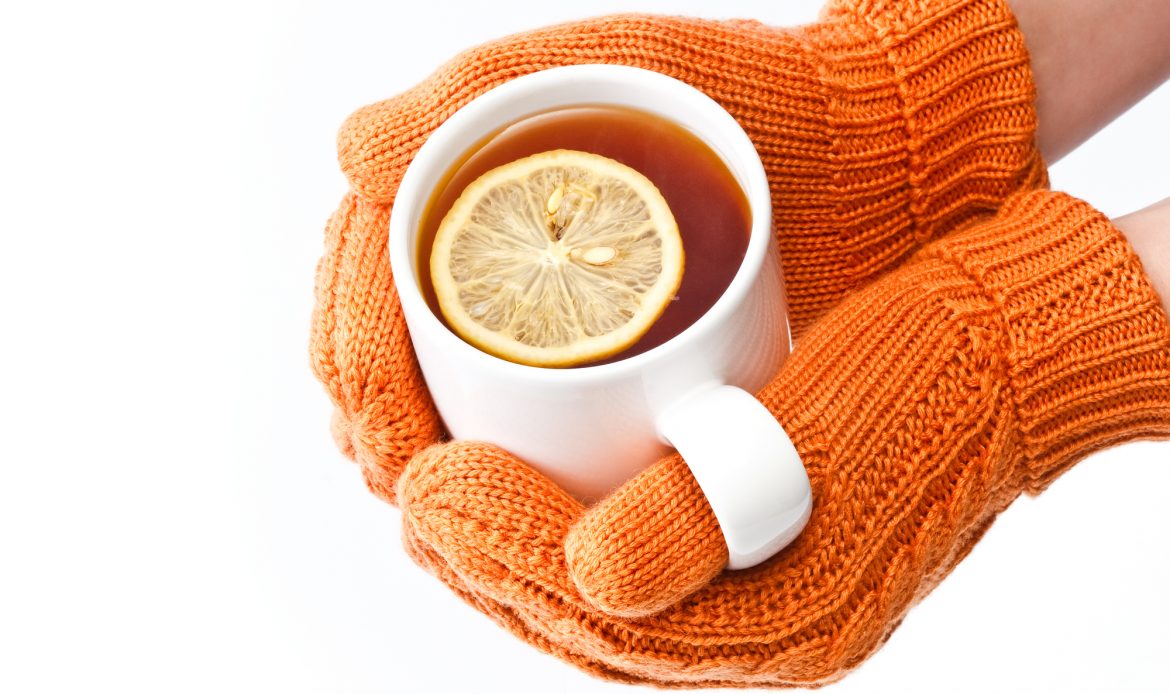
4. Warm-up Your Facebook Ad Account
Before you actually start running ads, whether it’s as an affiliate marketer or as a product owner, you’re going to want to warm-up your Facebook ad account. What does that mean?
When you’re running ads, don’t go straight into a highly-aggressive, conversion-objective mode. It’s just going to result in instant red flags. Facebook has a way of protecting itself by ensuring that people don’t just come into the platform and start blasting massive ad spend to non-compliant campaigns.
There are certain triggers that have to happen before you can start spending a lot of money and getting a lot of traffic to your website. For example, they’ll bill you a certain amount to make sure that your credit card is ready to spend.
They’ll want to see that it’s all connected properly and that Facebook is able to take money from your credit card. The last thing you want is for them to see an ad running and then they try to bill you and it’s declined. That will immediately flag your account.
5. No Affiliate Direct Links
Never direct link to affiliate programs. This is a big one. A lot of new affiliates come in and think they can just direct link to ClickBank offers, or direct link to an offer from a CPA network. This will result in pretty much an instant ban.
A lot of these domains and URLs are flagged already. They have tons of redirects and it’s just going to result in an immediate ban on your Facebook account. What’s worse, is you probably will not win an appeal if you go in with direct linking.
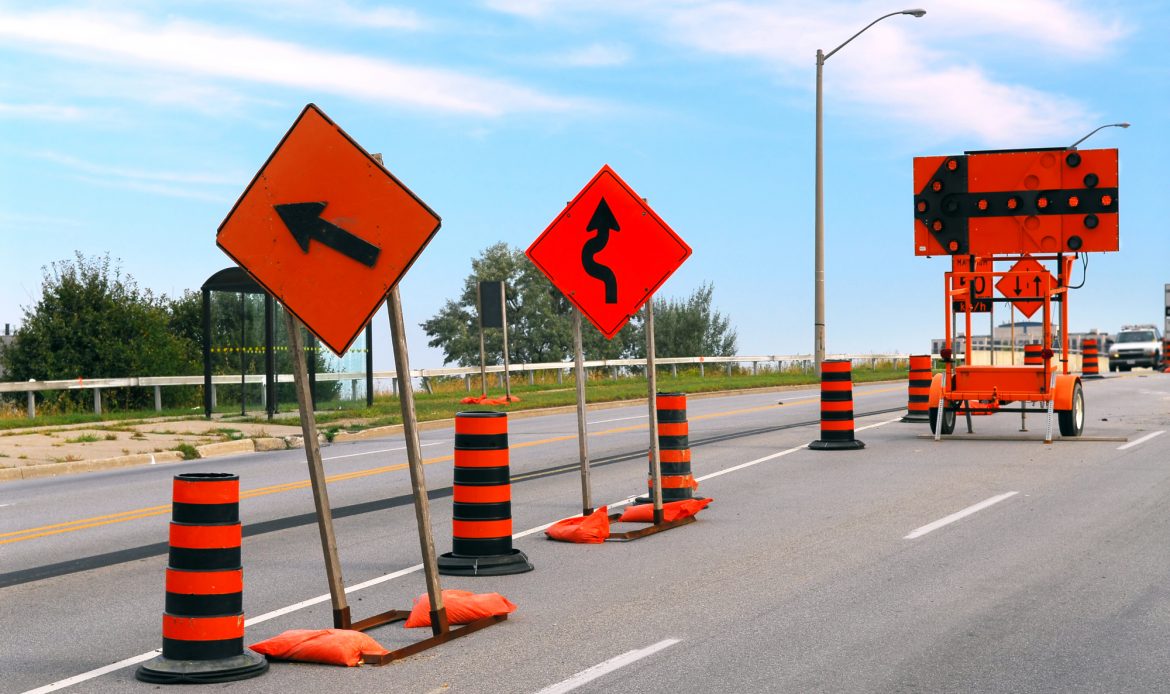
6. No Redirect Tracking Links
I do not use tracking links on Facebook. Tracking links have resulted in multiple bans because Facebook thinks I’m trying to circumvent their system by using redirects.
So I use parallel tracking or direct tracking. All of the third-party platforms out there for affiliate marketers should have direct tracking. The one I use is CPV Lab Pro and that is a great program for Facebook.
I find it tracks all of my direct traffic with a simple piece of code on my landing page, which is also using the exact same domain name as the page that I’m sending traffic to. Make sure you’re using direct tracking. No redirect links.
7. Avoid Trigger Keywords
Next, let’s talk about trigger keywords. These are keywords that will either instantly ban you or automatically get your ads rejected. There are many topics out there, many keywords that are already instantly going to be flagged by the bot. Make sure you do your research for these keywords. There are many great articles available that give you a list of these keywords.
For example, lose weight, fast dating, gambling; all of those types of keywords in your ads or in your landing page can be detected and could result in an instant ban of your account. Take a look at Facebook’s terms of service and you’ll see many taboo topics. Just avoid them at all costs.
8. No Copied Images or Videos
When it comes to online advertising, you want the best images and videos to grab your reader’s attention. The problem is that the images and videos you use cannot be copied from someone else. If you find images that look great, somebody has probably already used them and might have even been banned on Facebook with those images. This means that Facebook will be able to detect that you’re using the exact same image as someone else who either got banned or you’re copying them.
Whatever the reason is, they’re going to flag your account and you’re going to have to go through the process of trying to get it back. So just use original photos. Do not use images that elicit graphic violence. Avoid a lot of skin in your images and videos. This means that if you’re running diet ads, make sure you don’t have a lot of skin showing.
By now you’re thinking “Hey, I see these types of ads all the time. Why? Why are you saying this?” Well, that’s probably because they’ve warmed-up their accounts. They’ve done a ton of work getting their account to a level where they can actually get ads approved automatically.
But if you’re just starting out and you’re just using a fresh account, this is not going to work for you. Save yourself the headache and avoid those types of images and videos altogether. For example, even using a picture of a car crash. I’ve seen some of my auto insurance ads on Facebook get instantly banned because the images were using a picture of a car accident, which kind of brings down the user experience. Facebook can detect that, and the next thing that happens is you’re appealing to get your account reinstated.
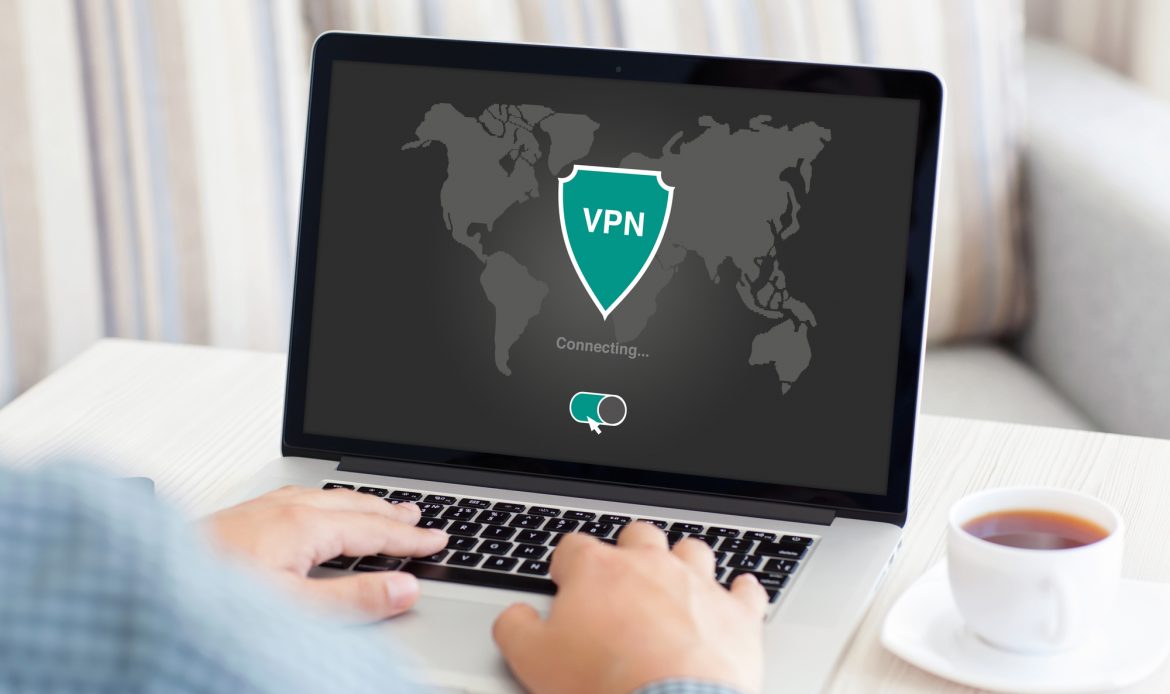
9. Logging in from Multiple Locations or IP Addresses
You want to make sure that when you’re using your Facebook account, you look like a real user. So it’s OK if you go on your phone a lot or if you access Facebook from your computer at home a lot.
The problem happens when you start logging in from multiple different locations all the time. They’re going to think you’re using a program to hide your IP address or make it appear that you are logging in from somewhere else. This can oftentimes flag your account, especially if you start submitting ads and doing technical changes in your ad account from different IP addresses.
So try to make sure that you are staying in one main location. If that’s not possible because you’re using a dynamic IP and you can’t change that because of your service provider, that’s fine. You won’t have to worry as long as you’re using a residential IP and you’re not going through a VPN or fake IP that you’re buying from a place like Hide My Ass.
10. Add Your Credit Card from the Same Computer or IP
When you add your credit card to Facebook, try to make sure that you’re using the same computer and the same IP that you likely signed up with.
However, if you cannot use the same IP, try to make it from the same computer. It’s important that your credit card location matches the business address of your account, or is within the same city, at the very least.
If you add a credit card from Detroit and your business is located in Canada, you’re going to probably face a little bit of scrutiny from Facebook and you’re probably going to receive a ban that you’ll have to appeal.
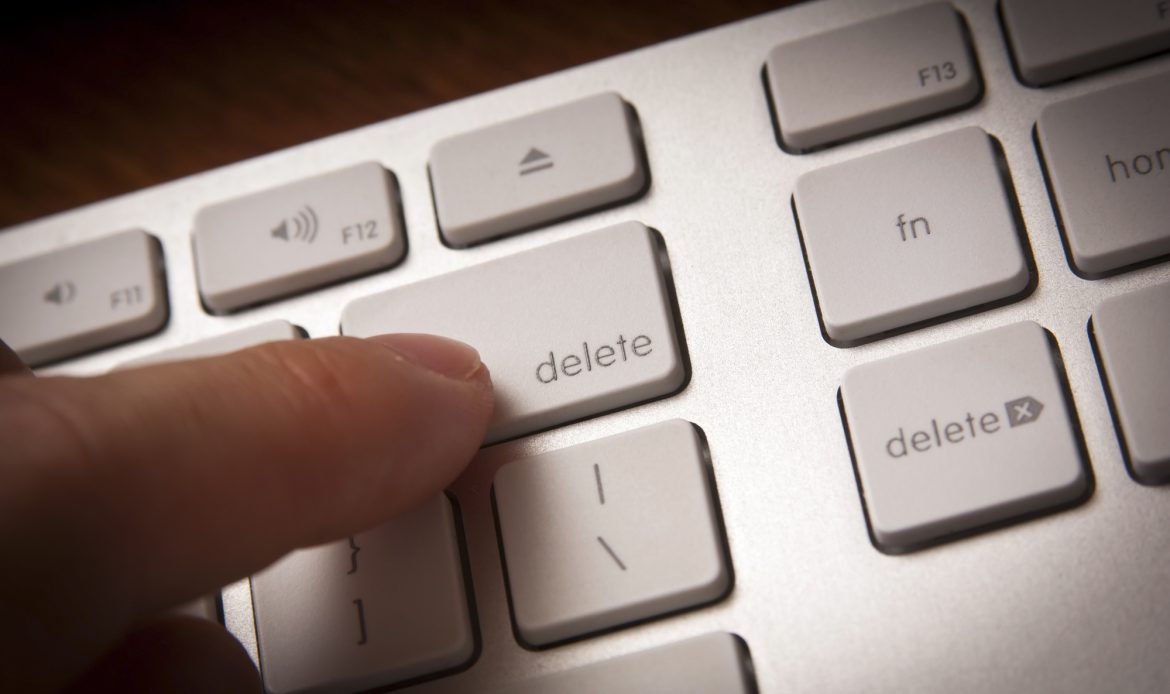
11. Delete Any Disapproved Ads
Make sure you delete any ads that were disapproved. This is one of those subjects that not everyone agrees with. I say get rid of the ads immediately off of your account. Don’t have those sitting there when the next human reviewer comes in and sees all these ads that are disapproved.
This will likely give them a false sense of what your account is about. They’ll look at it and think “Wow, you know what? I’m just going to avoid this guy altogether and I’m going to ban his account at the same time”.
12. Avoid Controversial Niches
Now I want to talk about niches that will immediately trigger a ban. Avoid them altogether, especially if you’re not warmed-up yet and you don’t have a lot of ad spend on your account.
If you’re just starting out, avoid niches like gambling, (which is also banned anyway), diet, dating, crypto, CBD – all these great niches that everybody talks about. These are the ones that are likely going to get you banned.
People are using cloaking, and they’re doing very technical stuff in the backend to get those approved. If you don’t know that system, then you’re not going to get approved. You’re going to immediately lose your Facebook account.
So avoid them altogether. Even if they hint towards those subjects at all, you need to be extremely careful with your ad copy and your images and make sure everything is compliant before you even attempt to run those types of niches on Facebook.
13. Monitor Negative Feedback
Next, you’re going to want to track and monitor the negative feedback on your ads. Go into the quality settings inside the Business Account Manager, and you can actually look at your account quality and see what’s happening day to day with certain ads.
If you see one ad that is getting a lot of negative comments, it’s recommended you pause that ad and get rid of it. If you can’t reply to people and get them back into a happy sentiment in the comments, then you need to get rid of that ad because you are going to get negative feedback.
And again, this will result in a ban on your Facebook account. Sometimes you can change the tone of your ads and the actual feedback just by changing some words, changing some images and responding to bad and negative comments in a happy tone.
So try that before you delete your ads if they’re working. First, try to fix a few things and see if that makes a difference. And that is why we test, test, test to make sure we’re running good quality ads.
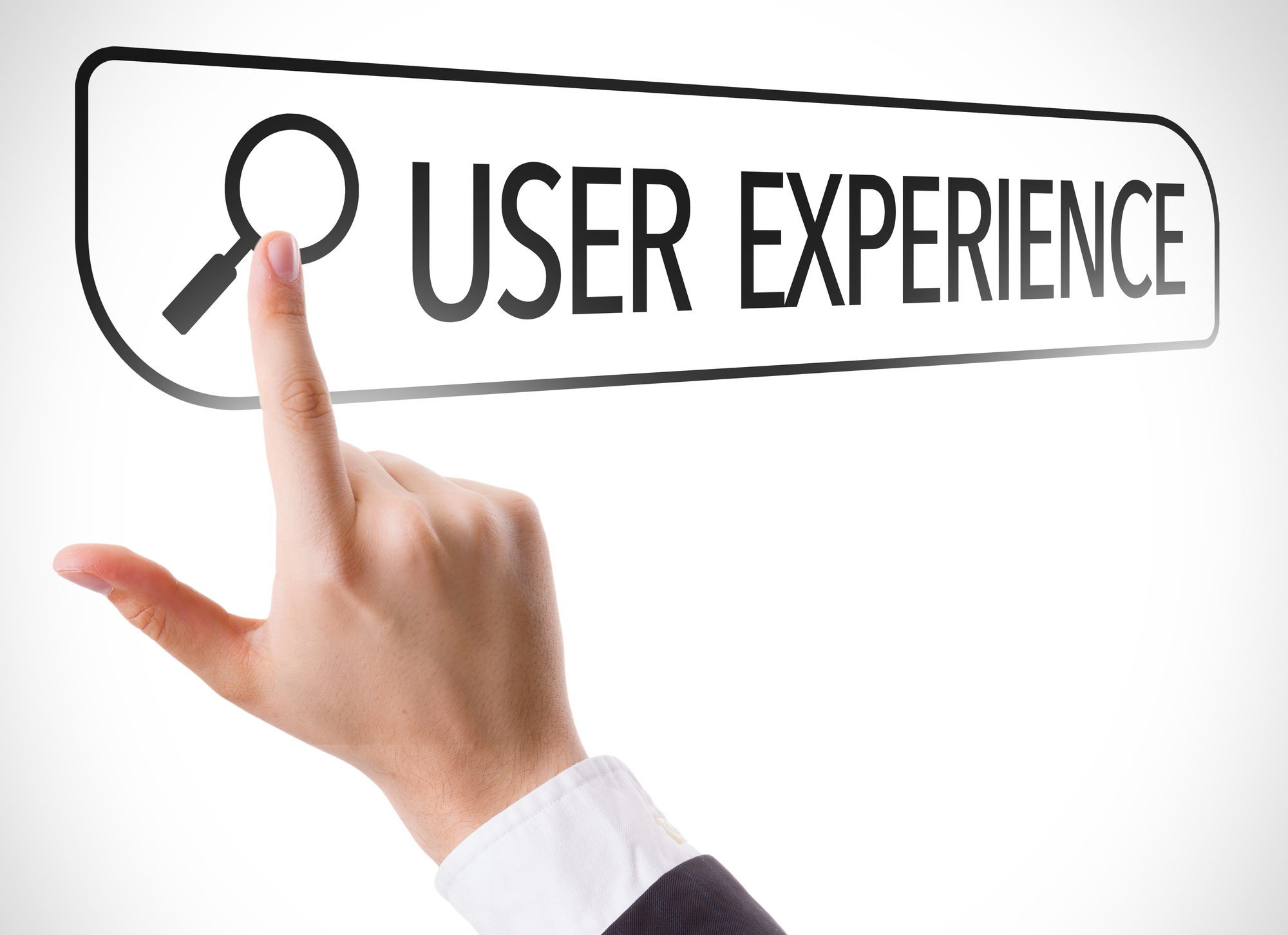
14. Improve Your Website
The next one is a very important one. You must have a high-quality website and landing page. Your website is going to be crawled by Facebook as soon as you submit it for an ad. So if it’s not verified, as I mentioned in #2, that will immediately be one bad mark on your account.
Now, that alone may not trigger a ban, but next Facebook is going to crawl your content. They’re going to be looking at the keywords that you’re using. They are going to be able to tell if your images are copied. They will know if you have legal pages attached.
Make sure you have proper legal pages. That means a privacy policy, terms and conditions, and how to contact you. You’ll want to include a disclaimer at the bottom of every single page that says Facebook does not endorse this site.
You need to make sure you have a lot of great content on your website, and that it’s making people happy when they visit it. Again, this comes down to user experience. Facebook is able to determine if your website is going to automatically make people unhappy.
They have a way of knowing, trust me. They have a lot of systems in place that can tell, so don’t skimp on your website. Publish great content and make sure your headlines, your calls to action, your images and everything else is congruent with the ad so that when people get there, they see what they’re expecting.
And this will make their user experience better. If you try to bait and switch or do anything like that, you’re going to immediately get bad comments. People are going to put the little angry face on your ads and you’re going to eventually lose your account.
One More Thing…
Another thing, make sure you have no exit popups, no ways of trapping the user. I don’t even use a lead capture to my list. I just avoid all of that altogether and go with a nice friendly page, good tracking, and no scammy scripts. It’s all about giving the user a positive experience.
How to get Your Facebook Account Back
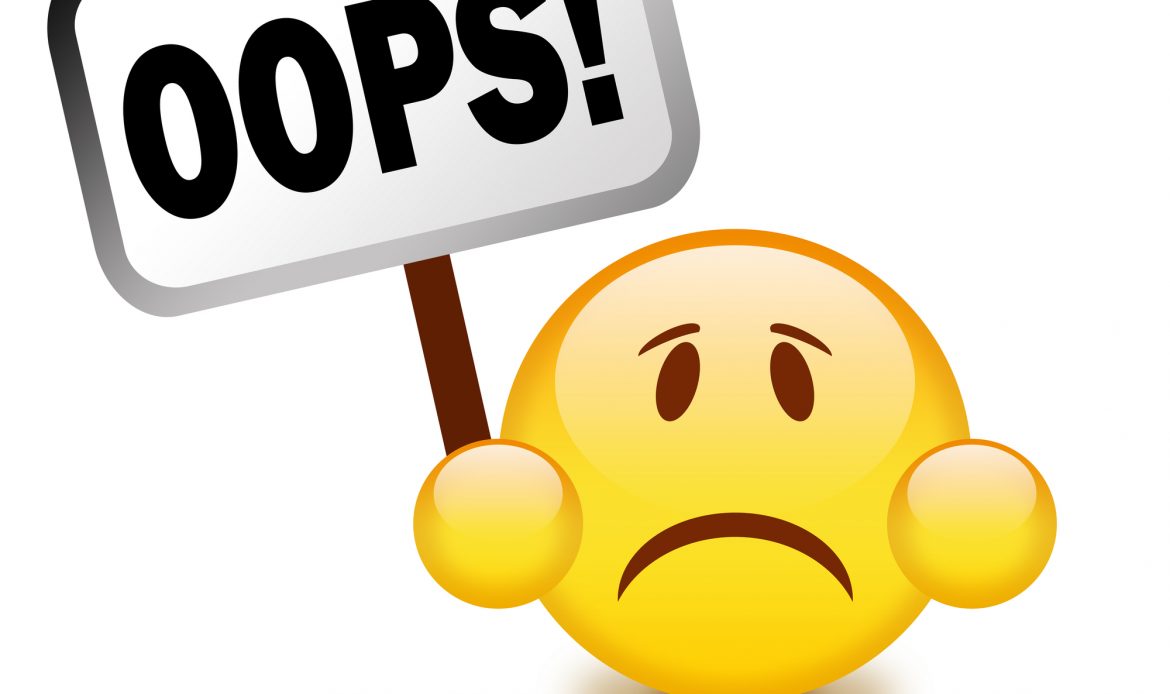
If you follow these tips you will greatly decrease any chance of getting banned by Facebook, but nothing is foolproof. Despite your best efforts, you might still find yourself on the wrong end of an account ban.
Now, what happens when you actually get banned? What can you do to get your account back? Most of the time, if you fix the problems first before you go back and appeal the account, you can get your account back.
This is assuming you haven’t violated some of the deadly sins of Facebook, like promoting gambling, crypto or something crazy like that. If you’re legitimately trying to run Facebook ads and you’re legitimately doing everything to be compliant, you can usually get your account back by appealing. If you lose the first appeal, go back and appeal again.
I always say that you should appeal at least three times before they probably just shut you down anyway and won’t let you appeal anymore. Even when that happens, you can still use their live chat. They have a chat service with their support channel.
Lastly, the most aggressive way would be to try and get ahold of an ad rep, but that usually doesn’t work because they have access to only certain accounts. At that point you might be out of options, and be forced to use someone else’s account, like a family member.
Hopefully it doesn’t get to that, but remember that Facebook is able to easily detect fake accounts, so that is not an option.
Have you ever had your Facebook account banned? How did you get it back? Think I’ve missed something in my list? Leave a comment below and tell us what steps you take to ensure your Facebook account isn’t banned.
- How to Make $1000 a Day With Google Ads Affiliate Marketing – Ultimate Guide - October 10, 2023
- Ultimate Guide to YouTube Shorts Ads for Affiliate Marketing - December 23, 2022
- How To Start Affiliate Marketing For Beginners [Ultimate Guide 2023] - December 21, 2022
